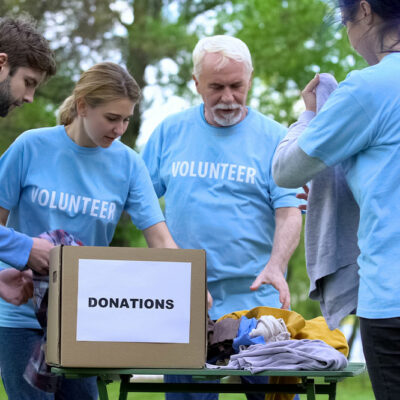
6 non-monetary ways to be charitable
While several people participate in annual or bi-annual fundraising programs, it is not for everyone, especially for the people with no excess income. But that is not to say that such individuals cannot give back to society. If one is determined to help make a change, there are various ways to donate to charity. This can be via lending manpower, taking up service responsibility, etc. All you need is a little effort and some time. 6 non-monetary ways to donate to charity By being creative Are you a passionate baker? Or are you well versed in the art of sewing? Maybe knitting? What we are trying to say is you can put your skills to use for the greater good. You can find shelter homes, retirement communities, or schools that could use a little help with their community. Put together some of your creations and donate them to make their day a little brighter. By being active You can organize or participate in various marathons and triathlons to give back to people. Participate in events affiliated with or trying to raise funds for charities. If you look closely, you can find one happening at least every month in your city.
Read Article 






